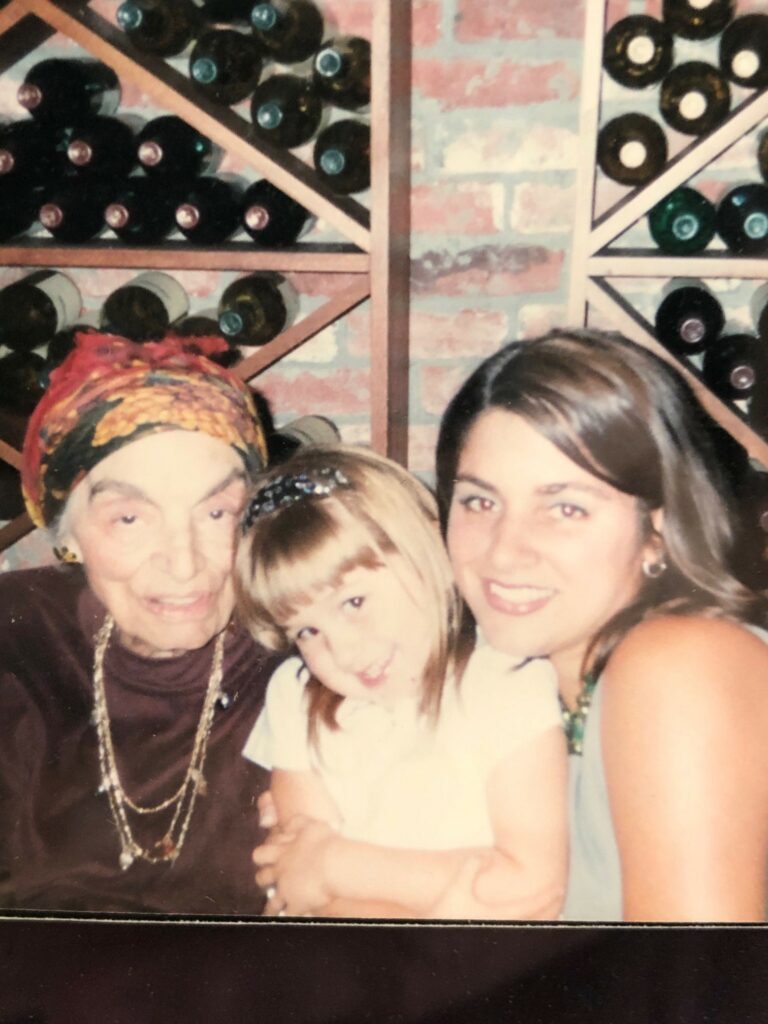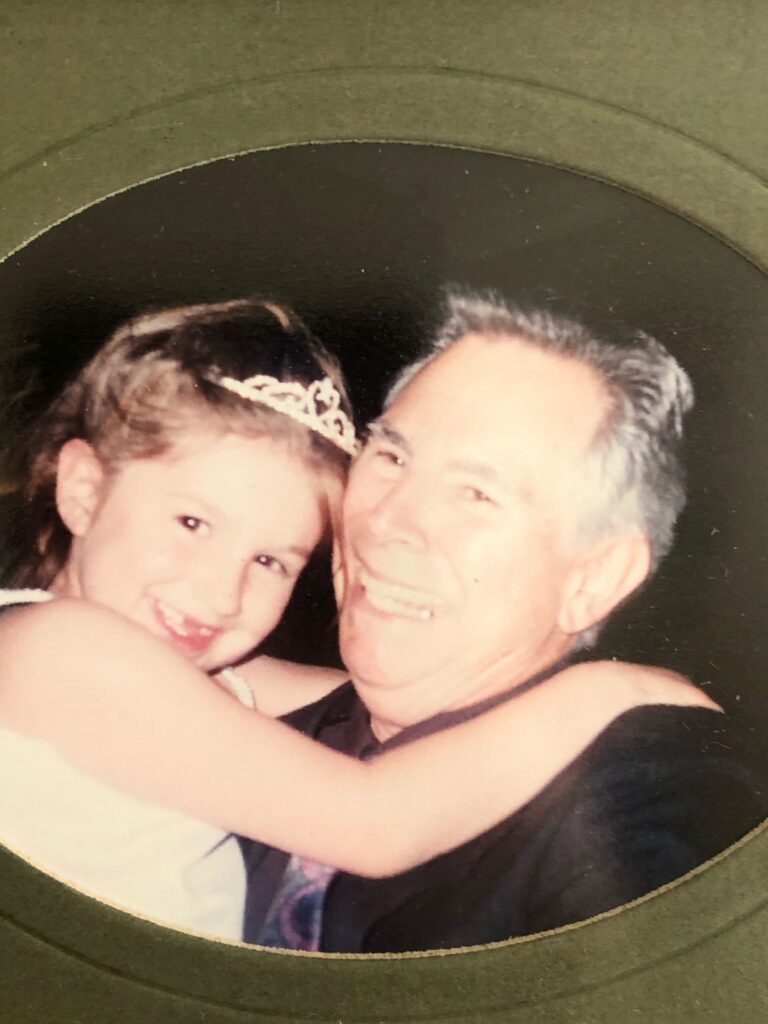
I have only ever attended public schooling in my 18 years of formal education. My elementary school was mostly white, and even most of the teachers were white women. I have a vivid memory of discussing race in first grade when discussing Martin Luther King Jr. I remember my teacher talking about how discriminating against race was like discriminating against someone for having blue eyes. I remember a kid in the class with blue eyes started to cry. This is my first memory of discussing race. We would go on to watch a cartoon movie about three kids that travel back in time to observe the segregation and civil rights era, but that was about as far as my education went. We watched that movie every year until middle school. We also learned a very white-washed, inaccurate portrayal of the “finding” of the US with Christopher Columbus and the Native American populations. It wasn’t until I was older that my mother taught me the accurate version of mass genocide and suffering that white people caused the indigenous people. Neither of us learned about this correct historical event until later in life.
As a child (and even through high school), a lot of my education also involved the Catholic Church. I went to public school, but I attended additional classes on the weekends that focused on the faith. While the congregation of the church I went to was relatively diverse, all of the leaders I saw in my time there were white men. Furthermore, there was absolutely no discussion about race or gender/sexuality, except to say that marriage was “created for a man and a woman.” Having this type of upbringing as a queer woman can lead to internal biases and is something I have spent years working through.

Middle school was the same as elementary school for me in terms of diversity. Again, it was a mostly white population with mostly white faculty and staff. I don’t have any memories of discussing race in middle school, and if I had to guess I would assume it was not discussed at all. In high school, there was a bit more diversity. I went to a large school with 2,500 students from many different backgrounds, and my friend group was very diverse; however, most of the teachers I had as well were white. It is interesting to note now in retrospect (and not something I picked up on then) how we had such a diverse student body and mostly only white faculty and staff as educators and administrators. Looking back, I cannot name one teacher I had in high school who was not white. Another aspect I remember is that there was only one student who was out as queer at that time. We had a “gay-straight alliance” club, but there were only three members and they were often targets of bullying, even if they identified as allies. I graduated high school in 2013, so it was less than a decade ago that this was occurring. I am hopeful that these patterns are changing with the new generation.
After graduating, I took some classes at a community college, which had a lot more diversity and looked a lot more like my high school in terms of people from all different backgrounds and in all stages of life. I then attended OSU for my undergraduate degree, which again has a diverse population, but also is very white washed. I started learning more about race and ethnicity in college, both on my own time and in a formal education setting. I learned about why being “color-blind” was extremely problematic and non-productive. As a business major, I learned a bit about hiring practices revolving around diversity and inclusion. This was the first time I had instructors and educators who were people of color. I was both a business major and psychology major, and I felt like both fields had a bit more diversity. While some of what was discussed was progressive and informative, there also was some problematic talk of other communities. One of my psychology professors continuously misgendered someone and also spoke about being trans as if it was a mental illness, even though it had been taken out of the DSM at that point. These are moments that stick out in my mind.
As a graduate student, I am happy to see much more talk about diversity and inclusion and how we can make higher education more accessible. These experiences I have took place less than 20 years ago, so to me it is clear we still have a long way to go in dismantling systematic racism and biases. I hope to see this happen soon, and I hope to be a part of this change.
